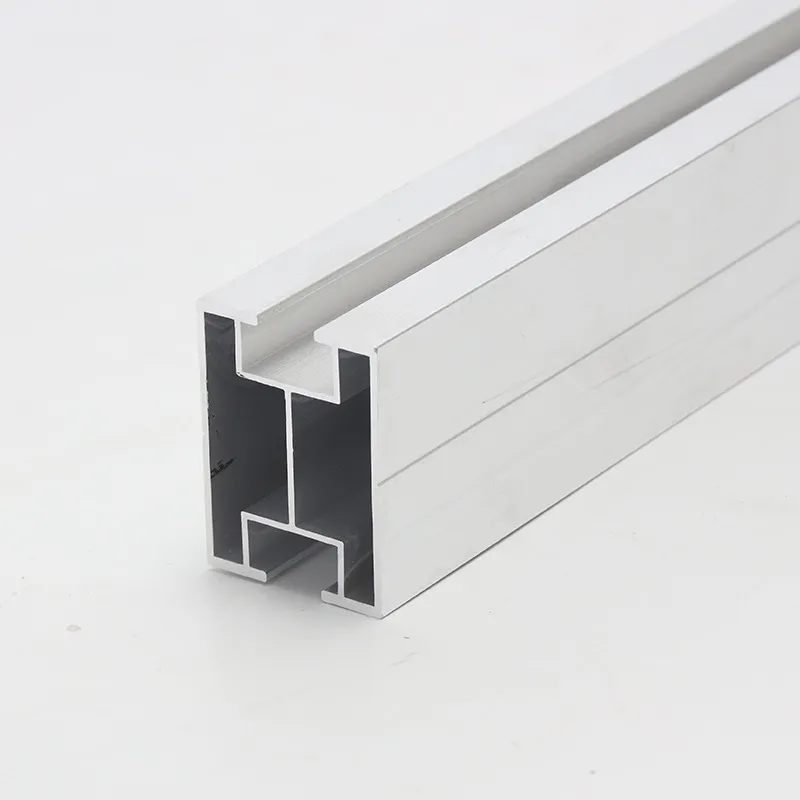

Different Varieties of Screws and Bolts Explained for Easy Reference
Nov . 25, 2024 09:24 Back to list
Different Varieties of Screws and Bolts Explained for Easy Reference
Types of Screws and Bolts A Comprehensive Overview
Fasteners are essential components in construction, woodworking, and metalworking industries. Among the myriad types of fasteners available, screws and bolts are two of the most widely used. While they may appear similar and often serve overlapping purposes, each has its unique characteristics and applications. This article delves into the various types of screws and bolts, highlighting their features and appropriate uses.
Screws
Screws are defined as fasteners that are typically characterized by their helical ridge, known as a thread, which allows them to grip materials effectively when turned. Screws can be made from different materials including steel, stainless steel, brass, and plastic, with each material bringing specific properties suitable for various applications.
1. Wood Screws Designed specifically for use in wood, these screws have coarse threads that allow for easy penetration and a broad head that distributes the load. They may have flat, round, or oval heads and are often treated to resist corrosion.
2. Machine Screws These screws are used to fasten metal parts together. Unlike wood screws, machine screws have a uniform diameter along their length and are usually paired with a nut. They come in various head styles, including hexagonal, slotted, and Phillips.
3. Sheet Metal Screws As the name suggests, these screws are designed for joining sheet metal. They have sharp threads that can cut into the metal and are often self-tapping, meaning they can create their own hole as they are driven in.
4. Self-Drilling Screws These are specialized screws that combine the functions of a drill and a screw. They have a pointed tip that can penetrate materials without the need for a pre-drilled hole, making them very efficient for quick assembly.
5. Lag Screws Also known as lag bolts, these heavy-duty screws are used for fastening wood to wood or metal to wood. They feature a large diameter with a hex head, making them ideal for applications requiring significant strength.
6. Deck Screws Specifically designed for outdoor decking projects, these screws are typically coated to resist corrosion. They feature a unique thread design for superior holding power in wooden decking.
types of screws and bolts

Bolts
While screws are typically used for tightening two materials together, bolts are more robust. They are usually used with a nut to provide additional clamping force. Bolts consist of a threaded shaft with a head on one end, and their ends are often flat to accommodate the nut.
1. Hex Bolts These are the most common type of bolts, featuring a hexagonal head that allows for easy tightening with a wrench. They are used in a variety of applications, from structural to machinery.
2. Carriage Bolts With a rounded head and square neck, carriage bolts create a locking mechanism when installed into a pre-drilled hole. They are often used in wooden or metal applications where a smooth surface is desired.
3. Eye Bolts As their name implies, these bolts feature a loop (or “eye”) at one end, designed for attaching a rope or cable. They are often used in rigs, lifting, and other applications where a secure point of attachment is critical.
4. U-Bolts Shaped like the letter U, these bolts are primarily used to anchor pipes or cables securely to a surface. U-bolts have threads on both ends for the addition of nuts.
5. Flange Bolts These bolts have a built-in washer (or flange) that helps distribute the load and provides a larger surface area. They are commonly used in fixtures where the bolt needs to be tightened against a softer material.
6. Anchor Bolts Used to attach structures to concrete, anchor bolts are crucial for securing buildings and other heavy installations. They can be J-shaped or L-shaped to increase their holding power in concrete.
Conclusion
Understanding the various types of screws and bolts is essential for selecting the right fastener for any project. Whether constructing furniture, assembling machinery, or executing large-scale construction projects, choosing the appropriate screw or bolt can ensure structural integrity and longevity. By considering the material, size, thread design, and specific application, one can effectively utilize these fasteners to meet the demands of any task.
Latest news
-
Hot Dip Galvanized Bolts-About LongZe|High Strength, Corrosion Resistance
NewsJul.30,2025
-
High-Strength Hot Dip Galvanized Bolts - Hebei Longze | Corrosion Resistance, Customization
NewsJul.30,2025
-
Hot Dip Galvanized Bolts-Hebei Longze|Corrosion Resistance&High Strength
NewsJul.30,2025
-
High-Strength Hot-Dip Galvanized Bolts-Hebei Longze|Corrosion Resistance&High Strength
NewsJul.30,2025
-
Hot Dip Galvanized Bolts-Hebei Longze|Corrosion Resistance&High Strength
NewsJul.30,2025
-
Hot Dip Galvanized Bolts - Hebei Longze | Corrosion Resistance, High Strength
NewsJul.30,2025

